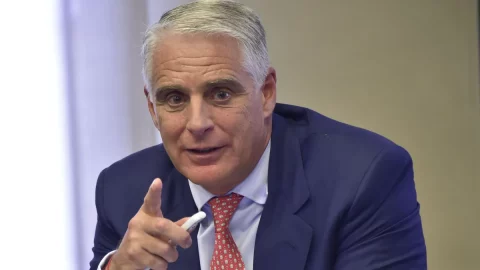The European Commission has revised it downwards the estimates on the growth of Italy: +0,7% in 2016 (from +1,1% expected last spring) and +0,9% in 2017 (from +1,3%). This is what emerges from the autumn economic forecasts published today in Brussels. The new figures are slightly lower than those projected by the Italian government, which expects a 0,8% increase in GDP this year and 1% next year.
As for the Italian deficit-GDP ratio, the new European estimates leave the forecast for this year unchanged at 2,4%, while raising the expected figure for 1,9 from 2,4 to 2017% (the government indicates a drop to 2,3%). The text of the forecasts reads that “the recovery in Italy continues at a modest pace, given that tight financing conditions and uncertainty hold back stronger growth”.
Coming to the debt, this year Brussels sees a rise to 133% of GDP from 132,3% in 2015, while the Treasury indicates it at 132,9%. In May, the EU expectation was 132,7% on 2016. Brussels forecasts that the debt/GDP will grow again next year to 133,1%, while in May the forecasts were for a deflation to 131,8%. Again, the government's precision is more optimistic, as the 2017 debt/GDP ratio is indicated at 132,5%.
Meanwhile, the European Commission continues "constructive dialogue" with Italy on the 2017 budget law. This was stated by the European Commissioner for Economic Affairs, Pierre Moscovici, confirming that Brussels intends to grant new flexibility on the 2017 accounts for expenses relating to refugees and earthquakes. The EU's final opinion on the Italian maneuver will arrive next week.
“We note that the deficit should stabilize thanks to lower interest expenses that finance an expansionist policy – continued Moscovici -. It is true that the structural budget balance will worsen by more than half a percentage point in 2017, while debt will increase in 2016 but then, and this is the good news, it should stabilize in 2017 and 2018”.
The Commission, assured the former French minister, “understands Italy's economic and social difficulties and accompanies it in its reform efforts. Flexibility was already granted in 2016 and we must work to take it into account in a fair and proportionate manner also on the costs that can and must be incurred to welcome refugees on behalf of all of Europe, or to prevent and treat disasters such as earthquakes".





